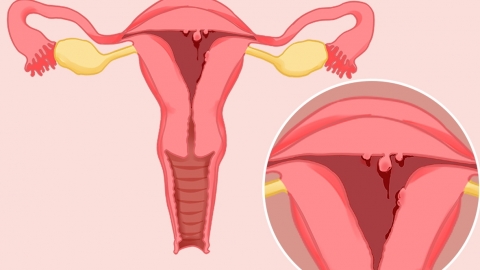Does better embryo quality lead to earlier implantation?
Generally, when the embryo quality is good and has strong viability, implantation may occur relatively early if the endometrial environment is suitable. However, even with high-quality embryos, implantation might not happen early if the endometrium is not synchronously prepared or if other interfering factors are present. If there are concerns, it is advisable to consult a healthcare provider in advance. The detailed analysis is as follows:

If the embryo is of good quality with strong vitality, it can develop more quickly to the blastocyst stage and gain the ability to implant. When the endometrium is in the secretory phase and free from issues such as polyps or adhesions, the embryo can rapidly attach and complete implantation, potentially leading to earlier implantation and earlier detection of pregnancy.
However, if the embryo quality is good but the endometrium has not matured in sync, the embryo may arrive in the uterine cavity without an optimal environment for implantation, requiring time to wait for improved endometrial conditions, thus delaying implantation. Additionally, mild tubal adhesions may prolong the transport of the embryo into the uterine cavity. Even with good embryo quality, this could delay implantation or even increase the risk of ectopic implantation.
During preconception preparation, maintaining regular sleep patterns and a balanced diet can help improve overall physical condition and create favorable conditions for embryo implantation. If menstruation is delayed and pregnancy is confirmed through testing, ultrasound examinations can be used to monitor embryonic development.







